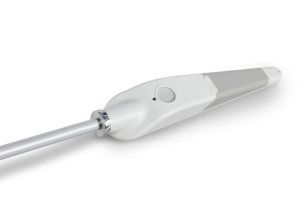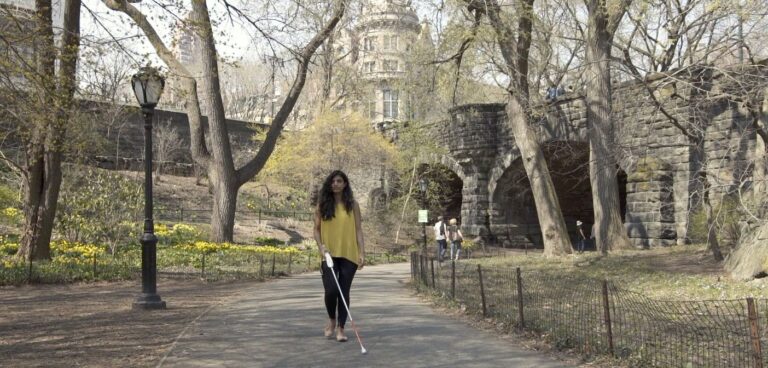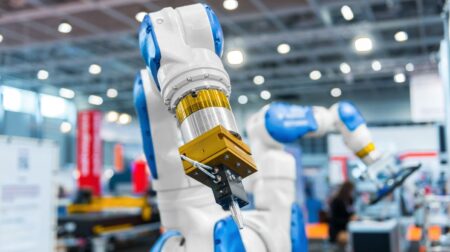A smart cane designed for visually impaired and blind people has joined Microsoft’s AI for Accessibility programme to create a human behaviour model and develop a voice assistant for those with low vision.
Microsoft’s five-year programme will invest US$25m (£19.3m) in products that harness AI to assist disabled people.
According to the tech giant, the project aims to accelerate the development of accessible and intelligent AI solutions. It will build on recent advancements in Microsoft Cognitive Services to help developers create intelligent apps that can see, hear, speak, understand and interpret people’s needs.
Mary Bellard, principal innovation architect lead at Microsoft, said: “At Microsoft, we believe AI solutions built thoughtfully by and with the disability community have incredible potential to offer meaningful independence in people’s daily lives.
“That’s why we’re thrilled to support WeWalk on this important assistive tool that stands to empower the millions of people around the world who use a white cane.”

The investment will enable WeWalk to launch a smart cane that features a new voice assistant later this year. It will work with the AI programme to make the assistant ‘smart’, where it will effectively categorise and deliver on the user’s commands in a host of different environments.
Furthermore, the partnership will work to create a human behaviour model. Reportedly, there are no accurate models for how a blind person moves and how mobility holistically evolves, especially after receiving orientation training.
The cane has built-in inertial measurement unit sensors including a gyroscope, accelerometer and compass. This allows data to be collected through a connected smartphone and the model can therefore expand organically through daily use.
Kürşat Ceylan, CPO of WeWalk, said: “As a blind person from birth, I know that it is very important to get the right habits of using a cane from a young age. It is amazing to see how WeWalk can enhance this aspect of our lives with high tech, making training and orientation more effective.
“I believe that the smart cane will be a symbol for the fully independent journey people who are blind or with low vision.”








